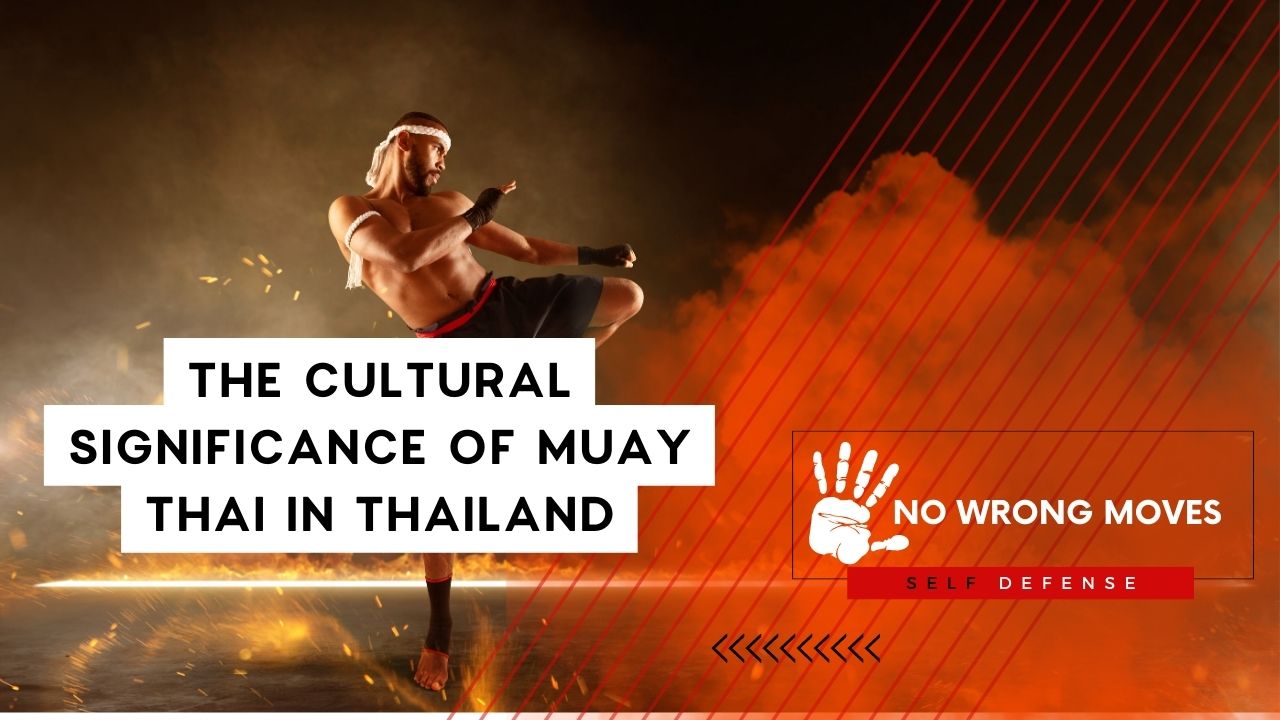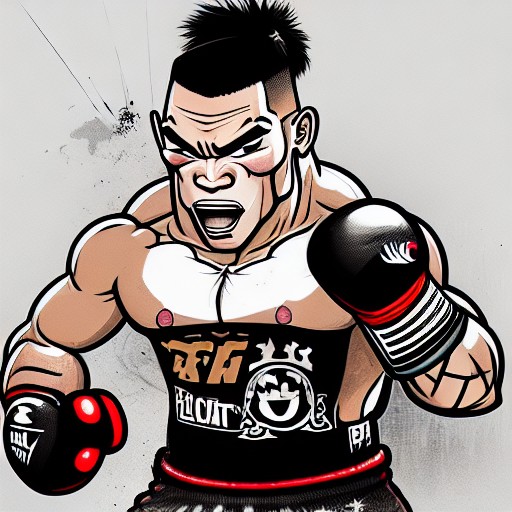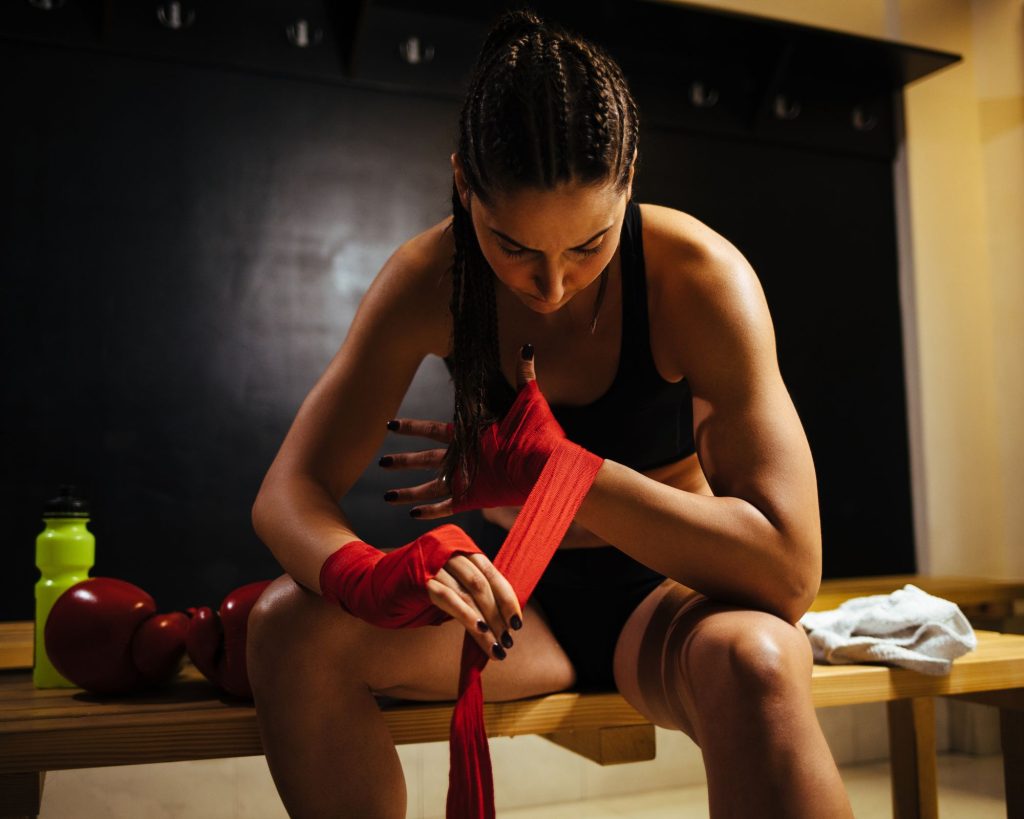
Muay Thai, also known as Thai Boxing, stands as the national sport of Thailand, deeply ingrained in the country's culture.
The origins of Muay Thai stretch back to the Sukhothai dynasty in the 13th century, when soldiers learned hand-to-hand combat, weapon usage, and transforming the entire body into a weapon.
This training eventually morphed into Muay Thai and Krabi Krabong. Amidst constant warfare, training centers emerged throughout the kingdom, with young men practicing for self-defense and military prowess.
The people of Siam (now Thailand) embraced Muay Thai as a way of life, driven by conflicts with neighboring kingdoms and tribes over centuries.
The unique Muay Thai style evolved as major tribes migrated through China, Vietnam, Laos, Burma, and Cambodia, with Thai tribes moving south and battling ferociously against other regional tribes.
Initially a battlefield fighting style, Muay Thai ultimately became a cultural treasure of Thailand. In the early 20th century, the sport transformed with the introduction of rules and regulations, such as referees, rounds, time limits, and gloves.
These changes rendered many original Muay Boran techniques obsolete or banned, causing a decline in the old art and a surge in Muay Thai's popularity.
The sport offered a chance for many to escape poverty, with fighters gaining worldwide recognition.
Nowadays, Muay Thai holds its status as a national sport in Thailand, with numerous arenas and stadiums hosting fights almost every night.
Thailand's top fighters enjoy superstardom, as revered and celebrated as Hollywood celebrities. The sport has also gained significant international recognition and exposure.
Muay Thai: A National Symbol of Identity

More than just a sport, Muay Thai represents Thailand's national identity, reflecting the country's strength, resilience, and determination.
Fighters are considered heroes, and their victories are celebrated nationwide. The sport also embodies Thai values such as respect, humility, and perseverance.
The Spiritual Aspects of Muay Thai Practice

Muay Thai transcends physical practice, taking on spiritual dimensions. Practitioners believe that the sport connects them to their ancestors and the divine.
The traditional wai kru dance, performed before a fight, pays homage to teachers, ancestors, and protective spirits. Discipline, focus, and mindfulness are also emphasized in Muay Thai practice.
Muay Thai in Traditional and Modern Media
I find that the topic of Muay Thai is one that requires a nuanced and informed perspective. In my experience, there are several approaches to training in this martial art that range from traditional to modern.
When it comes to traditional Muay Thai, one must be well-versed in a variety of techniques that are crucial for a successful fight. These techniques include kicks, knees, elbows, and punches, as well as strong clinchwork.
Each of these techniques requires years of practice and refinement to execute effectively, and their mastery is a testament to the dedication and perseverance of the martial artist.
On the other hand, Muay Boran, the predecessor of Muay Thai, has struggled to find relevance in the modern era.
While it undoubtedly has historical value and can be a valuable resource for those seeking to understand the roots of Muay Thai, it is not as efficient or effective in practice as its modern counterpart.
Both traditional and modern media showcase Muay Thai's influence on Thai culture. The Ram Muay dance and other traditional art forms incorporate movements resembling Muay Thai techniques.
Contemporary films, television shows, and documentaries also feature the sport, raising awareness of its cultural significance.
The Role of Women in Muay Thai's Evolution

Though traditionally male-dominated, women have significantly contributed to Muay Thai's evolution. Female participation has increased, with female-only gyms now present in Thailand.
Female fighters have gained recognition and respect, with some even becoming national champions. This participation has helped pave the way for gender equality in Thai society.
Muay Thai: Inspiring a New Generation

Muay Thai continues to inspire new generations of Thais. Young people see it as a way to connect with their heritage, leading to an increase in Muay Thai gyms and participation. The sport offers young Thais a means to learn about their culture, build confidence, and maintain physical fitness.
In conclusion, Muay Thai is more than just a sport in Thailand—it is a symbol of national identity, a spiritual practice, and a source of inspiration.
With deep roots in Thai culture, Muay Thai influences everything from traditional art forms to modern media. It has played a crucial role in shaping Thai society and will continue to inspire future generations.
For both Thai individuals seeking connection to their heritage and foreigners interested in Thai culture, Muay Thai is an essential part of the Thai experience.
[author-box-jpx-fitness]
